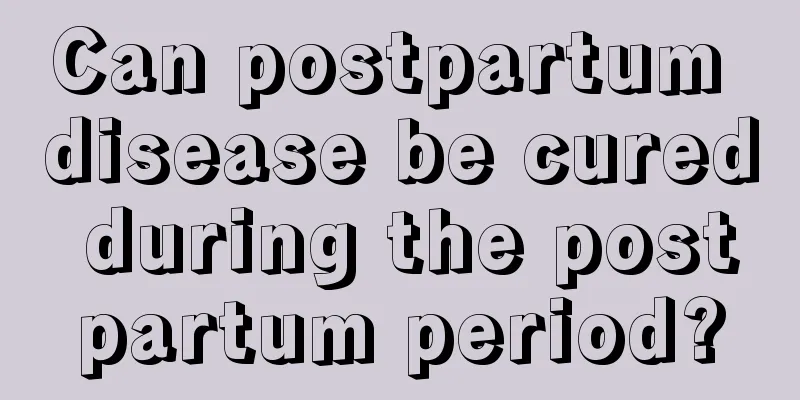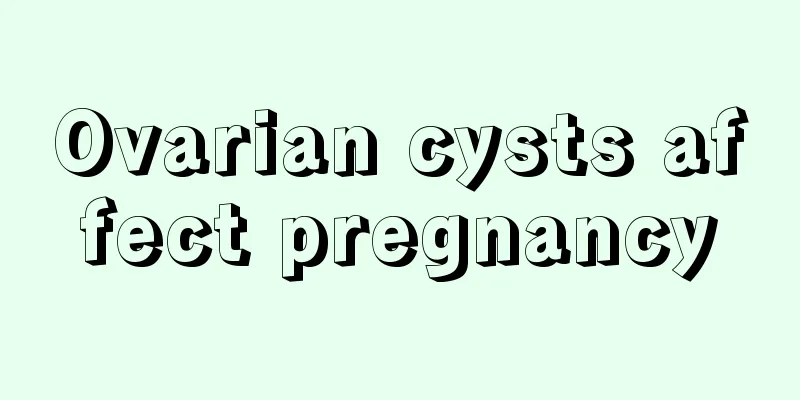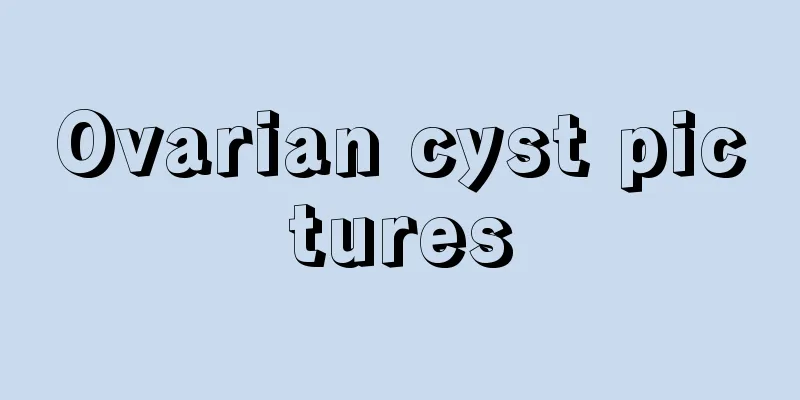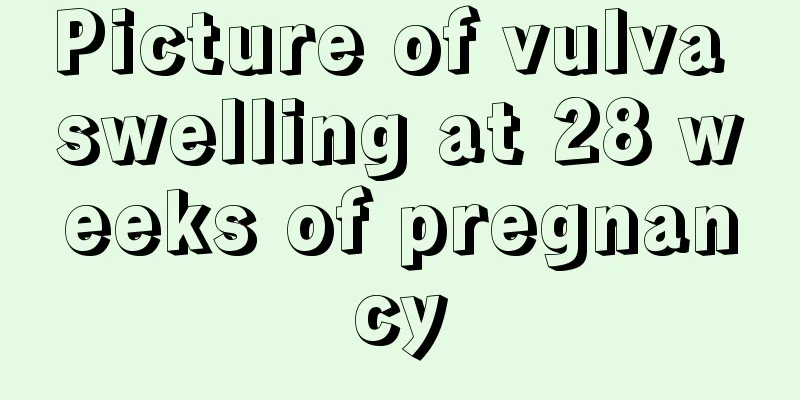Can postpartum disease be cured during the postpartum period?

|
There are many reasons for postpartum diseases in postpartum women, which are related to poor physical fitness and improper care during the confinement period. Postpartum diseases must be well treated during the confinement period. Even after the confinement period, emphasis should be placed on rational management and health care. In addition, symptomatic treatment should be carried out, an optimistic and cheerful attitude should be maintained, and dietary adjustments should be strengthened, all of which will help the treatment. Make sure to maintain a good mood. Don't be angry or irritable, be open-minded, think less and less, keep your hands and feet warm, and avoid stimulation from cold water; avoid overwork, do more prone and chest-knee positions during the confinement period to help the uterus maintain an anal position; do more anal contraction exercises to strengthen the elasticity of the pelvic floor muscles; ask your health doctor to guide you in doing postpartum aerobics. Rest, recuperation and exercise. After giving birth, the mother will be very tired, so she should rest in bed for the first two days. While resting in bed. But you still need to turn over and move more often. You can get up to wash, brush your teeth, and go to the bathroom. Before getting up, you should sit up for a while and only get out of bed when you don't feel dizzy. . Treat symptomatically. Whether it is normal or during the "confinement period", if you get sick you should go to a regular hospital to see a professional doctor for treatment. However, if one blindly seeks medical treatment, is keen on folk remedies and secret recipes, or takes it for granted to buy medicines on his own, etc., it is possible to delay diagnosis and treatment, causing the disease to become chronic and long-term. If you have already suffered from the so-called "postpartum disease" such as low back pain, you should be treated under the guidance of a specialist with a comprehensive treatment method including medication, physical therapy, and physical exercise. Daily diet. Dietary care during the postpartum period is as important as that during pregnancy. Because mothers need extra nutrition to make up for the consumption during delivery and breastfeeding. However, within the first one or two days after delivery, the mother should eat light and easily digestible food. In the future, the diet should be nutritious and provide enough calories. Do not overeat or starve, do not eat raw, cold or spicy food, and do not go on a diet for fear of obesity. Eat more milk, rice bran, bran, carrots and other foods rich in vitamins C, D and B vitamins, increase the proportion of vegetarian food in the diet, and avoid osteoporosis caused by low back pain. |
<<: What is the best medicine for urethritis during lactation?
>>: What to do with back pain after childbirth
Recommend
What happens when I use a test paper to measure one line deep and one line shallow?
The pregnancy test stick can detect one or two ba...
How many generations does female body odor inherit?
Body odor disease, also known as underarm odor or...
How big does a breast nodule need to be before surgery is necessary?
Women are very likely to develop breast nodules. ...
Where does a woman's menstrual blood come from?
Maybe female friends don’t have a deep understand...
Good pregnancy after hot compressing the fallopian tube with coarse salt
Many people are concerned about how to get pregna...
After teeth cleaning, the gaps between teeth become larger and the teeth become loose? This is a common misunderstanding
Teeth cleaning is commonly known as teeth washing...
The reason why my period is always delayed
The menstruation comes on schedule every month, b...
What should parents do if their child has a fever?
At a time when respiratory diseases are rampant, ...
How to eat grapefruit peel? Can grapefruit peel cure cough?
Most people tend to throw away the grapefruit pee...
What is the reason for the brown vaginal discharge during pregnancy?
Nowadays, as the only child generation has gradua...
4 tips for long-lasting menstruation
Intermittent menstruation is particularly trouble...
Do I still need regular screening after getting the cervical cancer vaccine?
"Jimei, have you taken the cervical cancer v...
What causes white hair on women's heads?
We all know that as we age, our bodies gradually ...
How much does a glucose tolerance test for pregnant women cost?
The glucose tolerance test is to check whether th...









